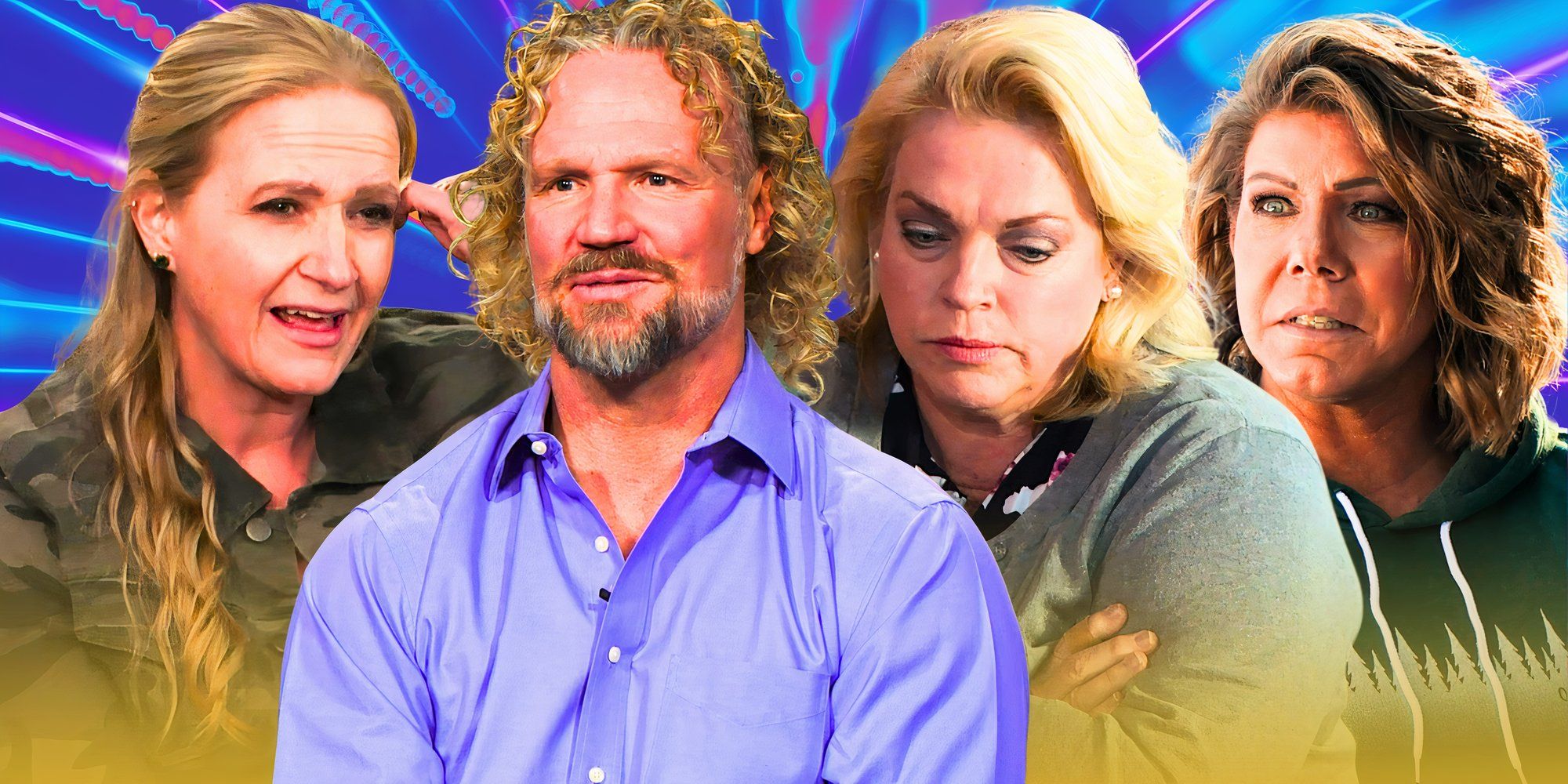Neave, who is also the director of a hoarding research group, says our emotional attachment to objects means it can be incredibly difficult to let go of our possessions. “For most people, we surround ourselves with a certain amount of possessions that give us a sense of security, a sense of self-esteem, and yes, to show off our personality to visitors.”
Cloud anxiety
Younger generations, who have grown up accessing and storing everything online – especially photos – are more likely to be digital hoarders than physical ones, but with this comes an increasing level of anxiety. “It’s fairly unlikely that even if we get burgled somebody’s going to nick all of our records,” says Neave. “But if somebody hacks you, then all of your digital files could be gone forever. There’s a real terror among young people about having their entire life history erased.” He thinks this unease over everything being online could be driving some of the recent trends for Gen Z embracing physical mediums like film cameras, paper diaries and even cassette tapes.
There’s another kind of anxiety that comes from the digital world: too many options. “In our work with digital hoarding we look at how digital overload can lead to anxiety in students,” says Neave. “They feel absolutely overwhelmed with information and choice. Some people find that if you’ve got too many things to choose from, you essentially just give up.”
Algorithms have been designed to serve us options, but can end up flattening our cultural experience, feeding us more of the same that we’ve already consumed. There are signs young people are turning away from paid music subscription services. A cost of living crisis is a likely explanation – but some users also want a more meaningful, curated and intentional kind of listening experience, one where they’re not constantly hitting skip. Making the effort to pick out a CD, record or cassette, put it in the stereo and press play involves some agency – rather than just passively listening to suggested playlists. Then there’s the ethical dilemma, with increasing awareness of how little musicians themselves make from streaming services.
Whether these ripples of dissatisfaction over streaming will translate into a more significant reprieve for physical media, or are just a blip on the way to total digital dominance, is uncertain. But if you’re refusing to get rid of the stacks of CDs and DVDs in your home – or if you put the Oppenheimer Blu-ray on your Christmas list – then you can be assured that you’re not alone.
“Personal possessions are so deep rooted in our being and give us such immense comfort that I don’t think they’ll ever be a stage when everything goes virtual,” says Neave. “We’ll always want something physical, tangible and permanent.”
– videos and can’t-miss news delivered to your inbox every Friday.
on Culture, head over to our Facebook page or message us on Twitter.








